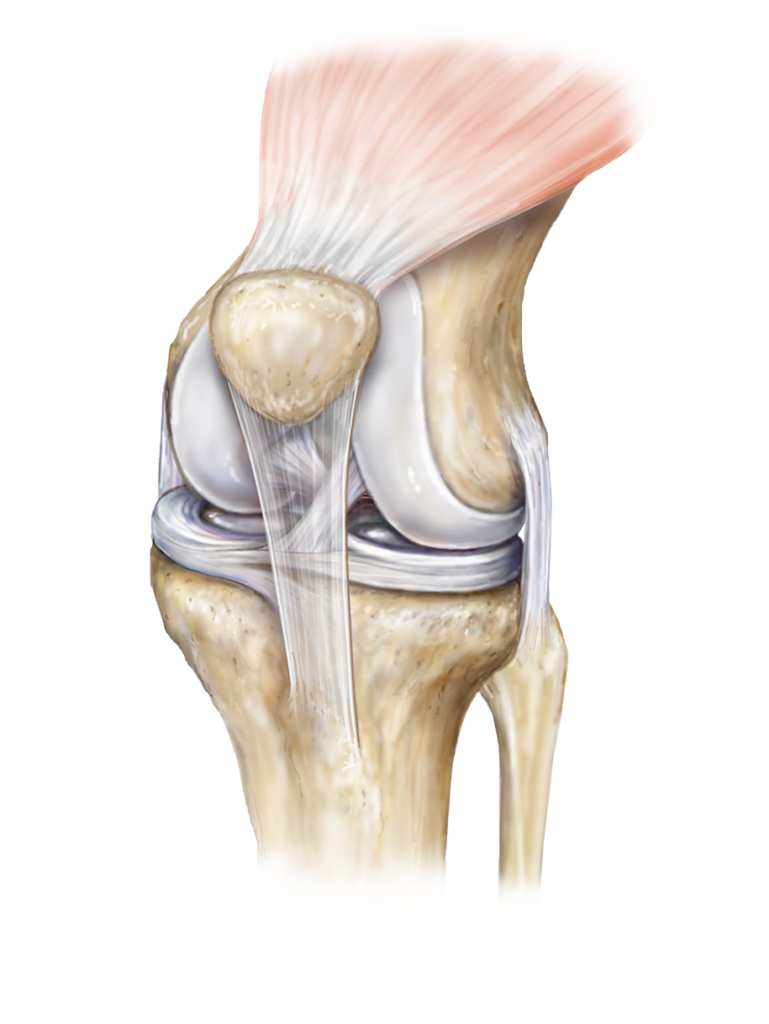The knee care specialists at Summit Orthopedics provide comprehensive care for the full spectrum of conditions and injuries impacting the knee. When appropriate, our focus is first on non-surgical treatment, using customized conservative tools such as injections, medication, activity modification, bracing, and physical therapy.

Talk With A Knee Care Specialists
We take a conservative, non-surgical approach first whenever possible. If your knee injury is more serious, or when conservative measures fail to give you relief, your knee care specialist will discuss the next steps, and together you will determine whether surgery is the right plan. From meniscus tears to ACL reconstructions and complex total knee replacements, Summit’s knee care surgeons have the advanced training and expertise to provide consistently impressive outcomes.
Schedule your appointment with a knee care specialist at one of our convenient clinic locations in Minneapolis/St. Paul.
Conditions
Services
Common Treatments
Meet Our Team of Orthopedic Experts
At Summit, each physician works alongside a team of professionals to care for you, our patient.

Understanding knee anatomy
The knee is a perfect hinge mechanism, stabilized and cushioned by a well-orchestrated system of ligaments, cartilage, and muscles. Unfortunately, your knees take a beating every day. Athletics, work duties and even chores around the house can take a toll. A sudden twist the wrong way, an aggressive sudden movement, or the cumulative effect of long-term wear and tear can ultimately lead to failure in one or more of the structures in your knee.
Arthritis – Ask the Expert Video Series
17 videos in this series
- Is there any benefit to early arthritis diagnosis and treatment?
- How do I know if I have Arthritis?
- Does exercise help or hurt my arthritis?
- How does the doctor diagnose arthritis?
- Evaluating Options for Joint Replacement Surgery
- Arthritis is just a disease of old age, right?
- Managing Arthritis Symptoms
- Can arthritis be prevented?
- Do the foods I eat ease arthritis?
- Glucosamine and Chondroitin Supplements
- Impacts of Diets and Supplements on Arthritis
- Does weight have any impact on arthritis symptoms?
- Inside an Arthritic Joint
- Summit Orthopedics at HealthEast Sports Center
- Does exercise help or hurt my arthritis?
- Is hot or cold better for arthritic joints?
- Joint preservation symptoms and causes
Summit Quality Data
With a remarkable 99% patient satisfaction rate, we take immense pride in our achievements, yet we understand the dynamic nature of healthcare. We’ve diligently gathered post-surgery data for every patient, facilitating the assessment of patient progress, refining treatment strategies, and enhancing our overall proficiency. By sharing our data, we aim to empower patients, enabling them to make informed decisions and take charge of their healthcare journey.

“How-to” Video Series: Crutches
replace_with_js
Survey feedback for replace_with_js
07/02/2025




























